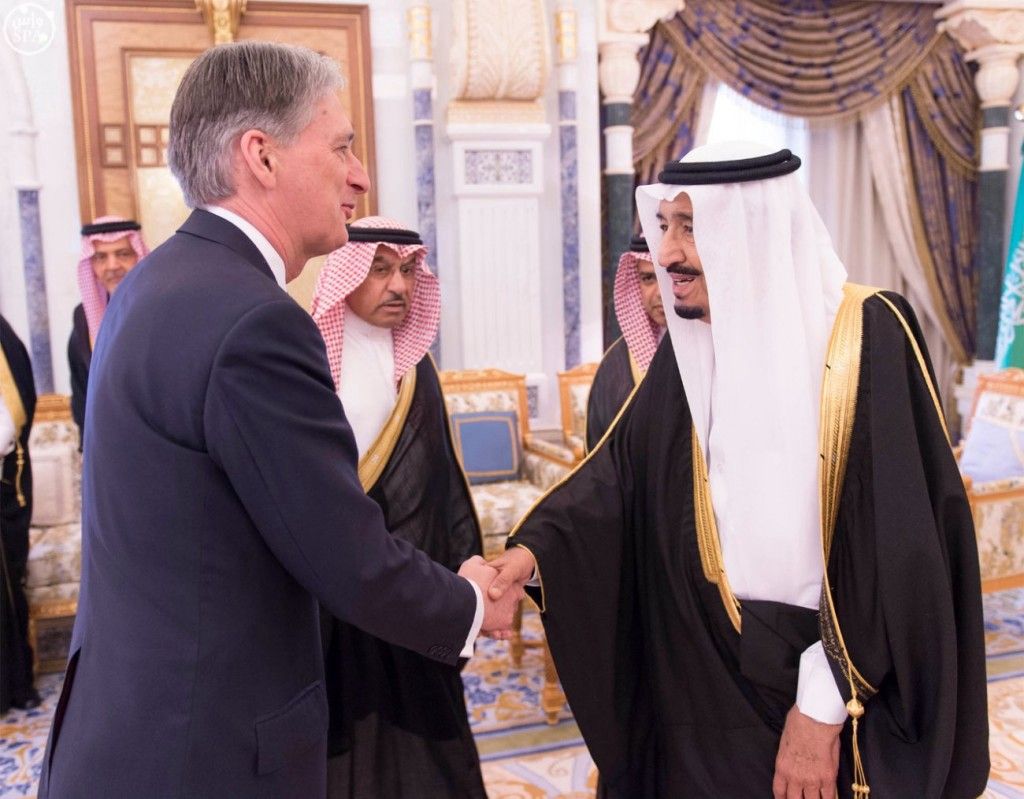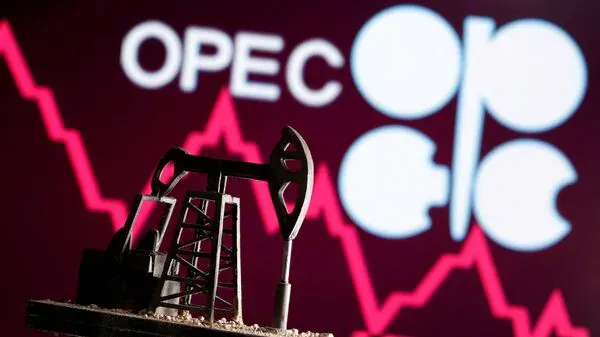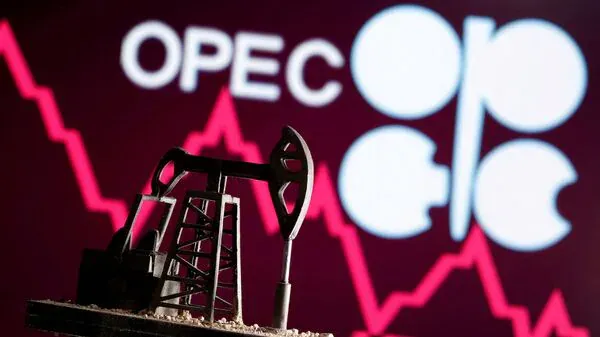A range of official government documents released under Freedom of Information (FOI) expose how the British government is valiantly promoting democracy in the Middle East: by courting the region’s most vociferous opponents of democracy.
The approach reflects the consistent focus of Britain’s strategy in the region on promoting “stability” through energy investments and arms sales with authoritarian regimes and outright dictatorships.
Responding to an FOI request in February, the UK Foreign & Commonwealth Office (FCO) Middle East and North Africa Directorate provided a list of meetings hosted by other governments or companies attended by Edward Oaken, then the FCO’s Director for the Middle East.
According to the list, Oakden was hosted fifty-nine times during a period of just over a year, almost entirely by autocratic Arab regimes, fossil fuel companies, and corporate interests.
Oakden was FCO Middle East director from 2013 to 2015 before being appointed British Ambassador to Jordan in February,
From 18th September 2013 to 14th January 2015, Oakden had a total of 26 “hospitality” meetings with representatives of serial human rights abusers — Saudi Arabia, Qatar, Bahrain, Kuwait, Egypt, Oman and Morocco — and a further 15 with business groups, investors, and oil companies.
The rest were largely routine meetings with British and European political leaders.
The FCO conceded that the list of meetings provided was not exhaustive.
Blood for oil for cash
The Foreign Office meetings included three receptions hosted by British Petroleum (BP), including a “high level dinner” to discuss “global energy challenges”; a Genel Energy annual reception; and a lunch meeting with Centrica Energy “on business prospects in the Middle East.”
British firms BP and Genel are heavily invested in Iraq. BP is involved in the giant Rumailah oil field and the huge northern Kirkuk field in the Kurdish region, while Genel is invested primarily in Iraqi Kurdish fields of Taq Taq and Tawke.
An exclusive investigation in July by INSURGE intelligence uncovered startling evidence that the Kurdish Regional Government (KRG) and Genel are tied to local firms secretly facilitating black market Islamic State (ISIS) oil sales. The Foreign Office did not respond to requests to comment on these findings.
Other Gulf kingdoms, Saudi Arabia, Qatar, Kuwait and the UAE, are implicated in financing the very same Islamist militants in Syria, including al-Qaeda, that led to the rise of ISIS.
Oakden’s other meetings were with major business forums like the Arab British Chamber of Commerce, Gulf Cooperation Council (GCC) UK forum on economic cooperation, Global Islamic Investment Group, UK-Saudi Joint Business Council, Iraq-Britain Business Council, British Iranian Chamber of Commerce, D Group (a UK business lobby group), and TheCityUK, an industry lobby firm heavily financed by the City of London Corporation.
Oakden is a former observer on the board of directors of TheCityUK, which runs an Oversees Promotion Committee functioning formally as the sector advisory group to the UK Department for Trade and Industry (UKTI).
“‘Policymaker engagement’ is how TheCityUK body describes its key role and it promises its members access to policymakers in return for extra fees,” reports the Bureau of Investigative Journalism.
“Its ‘sponsor members’” — consisting entirely of giant transnational banks and corporations — are guaranteed a place on its advisory council and ‘access to senior domestic and international influencers and decision makers.’”
Oakden went on to head up UKTI’s Strategic Trade Group, before becoming the FCO’s Middle East director.
Shilling for foreign investors
A Foreign Office memorandum from August 2014 titled ‘FCO Energy Projects’ — sitting in the FCO’s “Prosperity Directorate” — also throws light on the government’s fossil fuel-driven priorities. The projects disclosed include the Extractive Industries Transparency Initiative (EITI).
Publicly, the EITI — launched in 2002 by Prime Minister Tony Blair — purports to maintain an international standard to assess transparency levels relating to a country’s oil, gas and other mineral resources.
But according to the internal FCO memo, the EITI:
“… improves governance, aids development, and helps provide a level playing field for foreign investors.”
In 2011, an independent evaluation commissioned by EITI found that “EITI has not been a significant driver of change. While transparency has improved, accountability does not appear to have changed much.”
An extensive 2013 report by Human Rights Watch agreed, but went further, concluding the EITI’s ongoing failure to incorporate human rights issues into its assessments has allowed corruption to proliferate under the guise of ‘compliance’:
“In very repressive environments, transparency can offer little more than an empty gesture that may even allow an abusive or corrupt government to act more brazenly and openly as it violates its citizens’ rights or mismanages public funds. Unless EITI explicitly addresses the human rights performance of governments it will not be a catalyst for greater public accountability in resource-rich countries that have serious human rights and governance problems.”
But the FCO memo reveals that the British government’s concern is not to improve the EITI’s capacity to ensure accountability, but simply to maximise the number of countries signed up — presumably to ensure more resource-rich regimes are committed to “leveling the playing field for foreign investors.”
“This project involves a global push to increase membership of, and adherence to, EITI,” the FCO document affirms:
“Success will be measured by an increased number of EITI candidate countries.”
Gas price crisis
The document also shows that just under a year before the finalisation of the Iran nuclear deal, the British government was already committed to working with Iran to increase the gas supply to Britain in a partnership that would boost BP profits:
“Rhum. DECC [Department of Energy and Climate Change] led project with FCO, HMT [Redacted]. Restoring production at the North Sea Rhum gas field — a joint venture between BP and a subsidiary of the National Iranian Oil Company, where production was suspended in late 2010 [Redacted].”
The Rhum gas field in the North Sea is jointly owned by BP and the National Iranian Oil Company. Previously supplying 5% of Britain’s gas output, US and EU sanctions put an end to production in 2010, shortly after the UK became a net importer of gas.
While the stated reason for resuming production was to address environmental risks at the site according to DECC, DECC emails obtained under FOI reveal that DECC’s principal concern in the North Sea was not environmental, but the dramatic impact of falling oil prices for British oil majors and ongoing gas shortages.
The emails from January 2015 refer to sessions managed by DECC with various companies invested in the North Sea, only two of which were named, BP and Shell. The sessions were to explore “where Oil & Gas UK can help with regard to the NNS [Northern North Sea] in the current cost/price climate” as well as “oil prices and the effects on Shell’s business.”
Precisely one month later, Shell announced its decision to dismantle operations in the Brent field in the North Sea due to the impact of falling oil prices on declining profits.
Scrambling for gas from Israel to Greece
The FCO Energy Projects memo reveals continuing British commitments to exploiting lucrative untapped oil and gas reserves in the Eastern Mediterranean region, chiefly within the offshore territories of Israel, Occupied Palestine, Lebanon, Turkey, Greece, Cyprus, Egypt and Syria:
“Eastern Mediterranean. Managed well, hydrocarbon development in the Eastern Mediterranean has the potential to bring prosperity, increased stability and energy security, and even enhanced political co-operation [Redacted]. It also offers significant commercial opportunities for the UK. [Redacted].”
Through the Office of the Quartet Representative, through which Tony Blair is Middle East envoy on behalf of the US, UK, EU and Russia, Britain has played a lead role in negotiating regional oil and gas deals by which to open up Eastern Mediterranean gas to global markets.
British companies BP and BG Group are deeply involved.
An official document from Tony Blair’s Office of the Quartet Representative shows that Gaza’s gas is intended to play an integral role in this emerging Mediterranean gas export architecture.
Titled “The Palestinian Dimension of the Regional Energy Landscape”, the document comprises a series of slides presented by Blair’s energy advisor, Ariel Ezrahi, at the International Oil and Gas Conference in Israel, on 20th November 2014.
The presentation flags up offshore gas resources in the Gaza Marine, the rights to which are owned by BG Group, as having the potential to “transform the Palestinian energy sector and boost the economy”, but adds that “additional hydrocarbon resources may be explored in the future”.
The slides show that Blair envisages Gaza Marine gas being exported to foreign markets on behalf of Israel, with Palestine importing energy for its own domestic requirements from Israel and Egypt.
Democracy promotion with guns
The bulk of regional partners Britain has courted to strike new energy deals have received staunch criticisms from the human rights community for cracking down on democracy activists, ethnic and religious minorities, and ruthlessly crushing peaceful political dissent.
All the regimes that hosted Ambassador Oakden during his tenure as FCO Middle East chief routinely engage in arbitrary arrests, persecution, indefinite detention, torture, extrajudicial murders, enforced disappearances — and in cases like Egypt and Bahrain, have perpetrated mass slaughter of political opponents.
Much of this repression is achieved with support from Britain in the form of investment, financial assistance, military aid, and most importantly, arms sales.
The UK Ministry of Defence and UKTI is currently hosting the Defence and Security Equipment International (DESI) arms fair, sponsored by BAE Systems, General Dynamic and Northrup Grumman, among other major defence contractors. A quarter of countries attending the arms fair, which ends today, are “authoritarian” according to the Economist Intelligence Unit’s Democracy Index — including Gulf kingdoms like those the FCO spends so much time doing “business” with.
The FCO’s dire track record demonstrates how little the British foreign policy establishment is genuinely motivated by concerns for democracy and basic human rights. The documents discussed here suggest to the contrary that giant energy and arms corporations continue to play a disturbingly instrumental role in British policymaking abroad.








